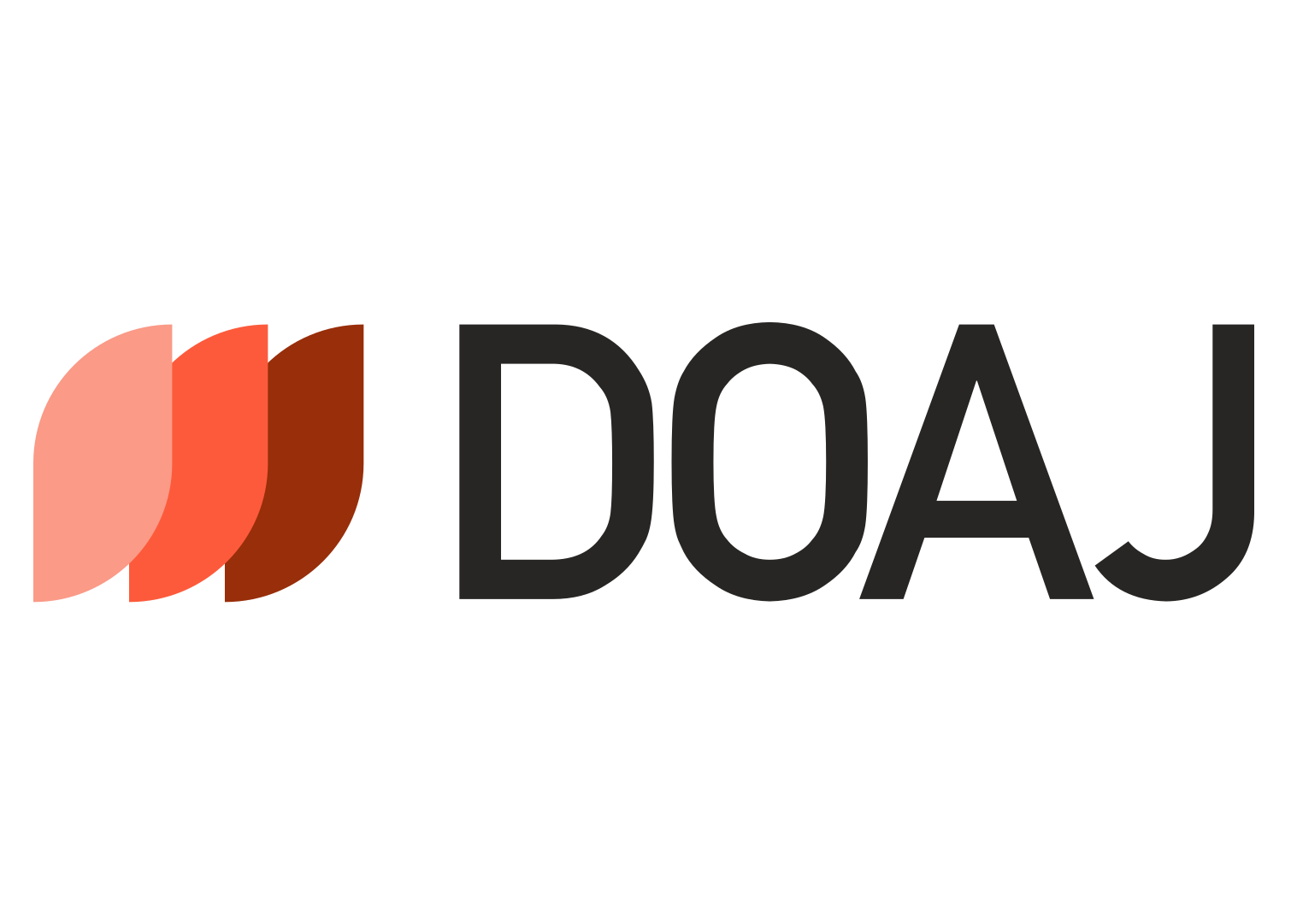Історичні події та їх періодизація у часовому вимірі: методологічна симптоматика
DOI:
https://doi.org/10.31861/hj2024.59.147-155Ключові слова:
методологія історії, методологічні підходи, історичні події, історична періодизація, історична хронологія, історичний час, темпоральні уявлення, наративАнотація
У статті розглядається коло питань, пов’язаних з сутнісними ознаками та характеристикою дефініції «подія» у темпоральному вимірі, а також висвітлюються методологічна симптоматика змістового наповнення історичної періодизації в контексті її функціональних завдань. Автори акцентують увагу на неоднозначній та дискусійній проблемі дослідницької дихотомії – «подія» і часова складова, з точки зору конструювання історичного простору минулого.
З одного боку, вивчається подія як елемент історичного аналізу, з іншого – особливості процесу її інтеграції в площину темпоральної організації історії. Також розглянуто значимість події на рівні базових хронологічних орієнтирів і категоріальних визначень.
Ще одна проблематика, яка аналізується у статті, – сучасне осмислення історичного наративу крізь призму нових методологічних підходів та інтерпретаційних моделей.
Окремо автори зупинилися на проблемі причин та наслідків глобальних категоріально-понятійних «зсувів», притаманних історичному знанню ХХ ст.
Посилання
Blok M., Apologiya istorii, ili Remeslo istorika [Anology of History, or the Craft of the Historian], Moskva, Nauka, 1986, 256 s.
Brodel F., Istoriya i obschestvennyie nauki. Istoricheskaya dlitelnost [History and social sciences. Historical duration], in «Filosofiya i metodologiya istorii», pod red. N.S. Kona, Moskva, Progress, 1977, s. 115-142.
Dray W.H., On Importance in History, in «Mind, Science, and History», eds. H.E. Kiefer, Albany, St. Univ. of New York Press, 1970, 257 p.
Fevr L., Sredizemnoe more i sredizemnomorskiy mir v epohu Filippa II [The Mediterranean Sea and the Mediterranean World in the Age of Philip II], in L. Fevr, «Boi za istoriyu», Moskva, Nauka, 1991, 630 s.
Giddens A., A Contemporary Critique of Historical Materialism, in 2 vol., Berkeley, Los Angeles, Univ. of California Press, 1981, vol. 1, 294 p.
Kollingvud R.Dzh., Ideya istorii [History idea], in R.Dzh. Kollingvud, «Ideya istorii. Avtobiografiya», Moskva, Nauka, 1980, 486 s.
Sahlins M., How «natives» think: about Captain Cook, for example, Chicago, Univ. Press, 1995, 318 p.
Saveleva I.M., Poletaev A.V., Teoriya istoricheskogo znaniya [Theory of historical knowledge], Sankt-Peterburg, Aleteyya, 2008, 523 s.
Vitz E.B., Medieval Narratives and Modern Narratology: Subjects and Objects of Desire, New York, NYU Press, 1989, 228 p.
Wallerstein I., World-Systems Analysis, in «Social Theory Today», eds. A. Giddens, Cambridge, Polity Press, 1987, 436 p.
White M., Foundations of Historical Knowledge, New York, London, Harper and Row, 1965, 229 p.
Zimmel G., Problema istoricheskogo vremeni [The problem of historical time], in G. Zimmel «Izbrannoe» v 2-h t., Moskva, Yurist, 1996, t. 1, 525 s.
##submission.downloads##
Опубліковано
Як цитувати
Номер
Розділ
Ліцензія

Ця робота ліцензується відповідно до Creative Commons Attribution-NoDerivatives 4.0 International License.








